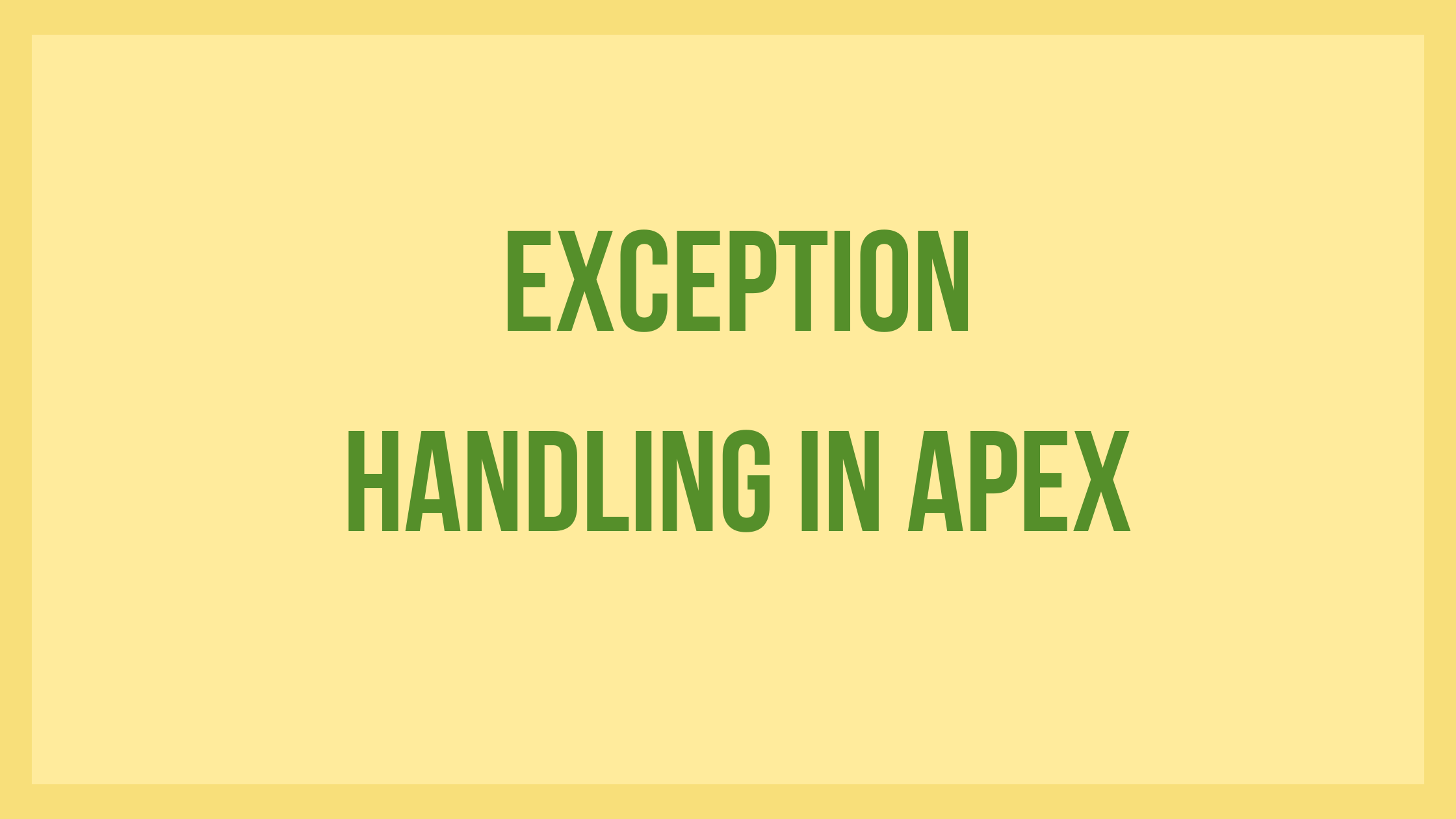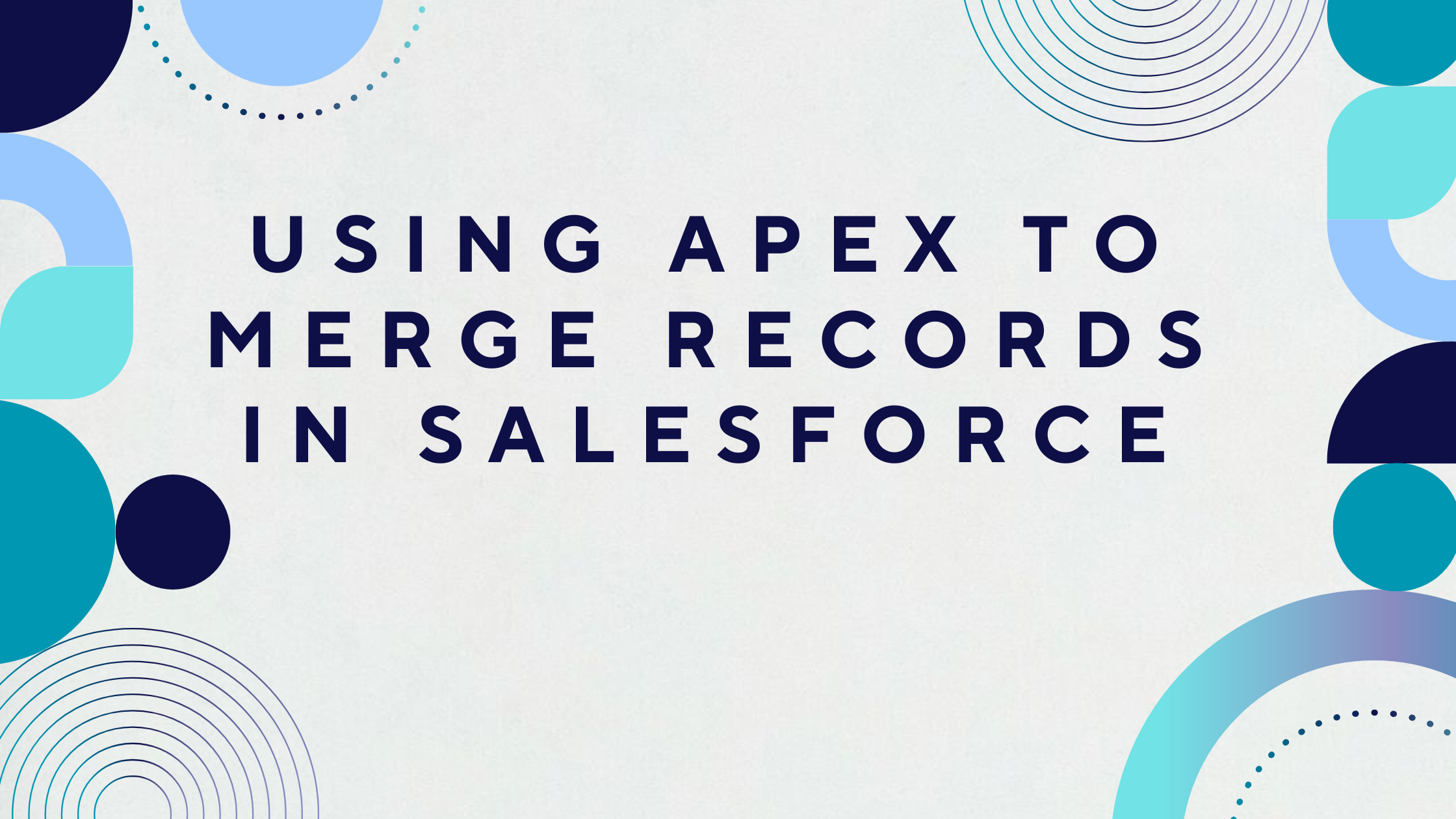Exception handling in Apex, Salesforce’s programming language, ensures graceful error management during code execution. Apex employs try-catch blocks to encapsulate potentially error-prone code, catching exceptions that might occur within the try block. Developers can specify catch blocks to handle specific types of exceptions or include a generic catch block to handle any uncaught exceptions.
Additionally, finally blocks enable execution of cleanup code regardless of whether an exception occurred or not. Exceptions can be manually thrown using the `throw` statement. Salesforce provides various built-in system exceptions like `DmlException` and `NullPointerException`, while developers can also create custom exceptions. Proper exception handling is crucial for maintaining data integrity, especially when dealing with database manipulation operations wrapped within transaction blocks. By effectively managing exceptions, developers can ensure robust and reliable applications on the Salesforce platform.

Exception Handling in Apex
Comments are closed.




